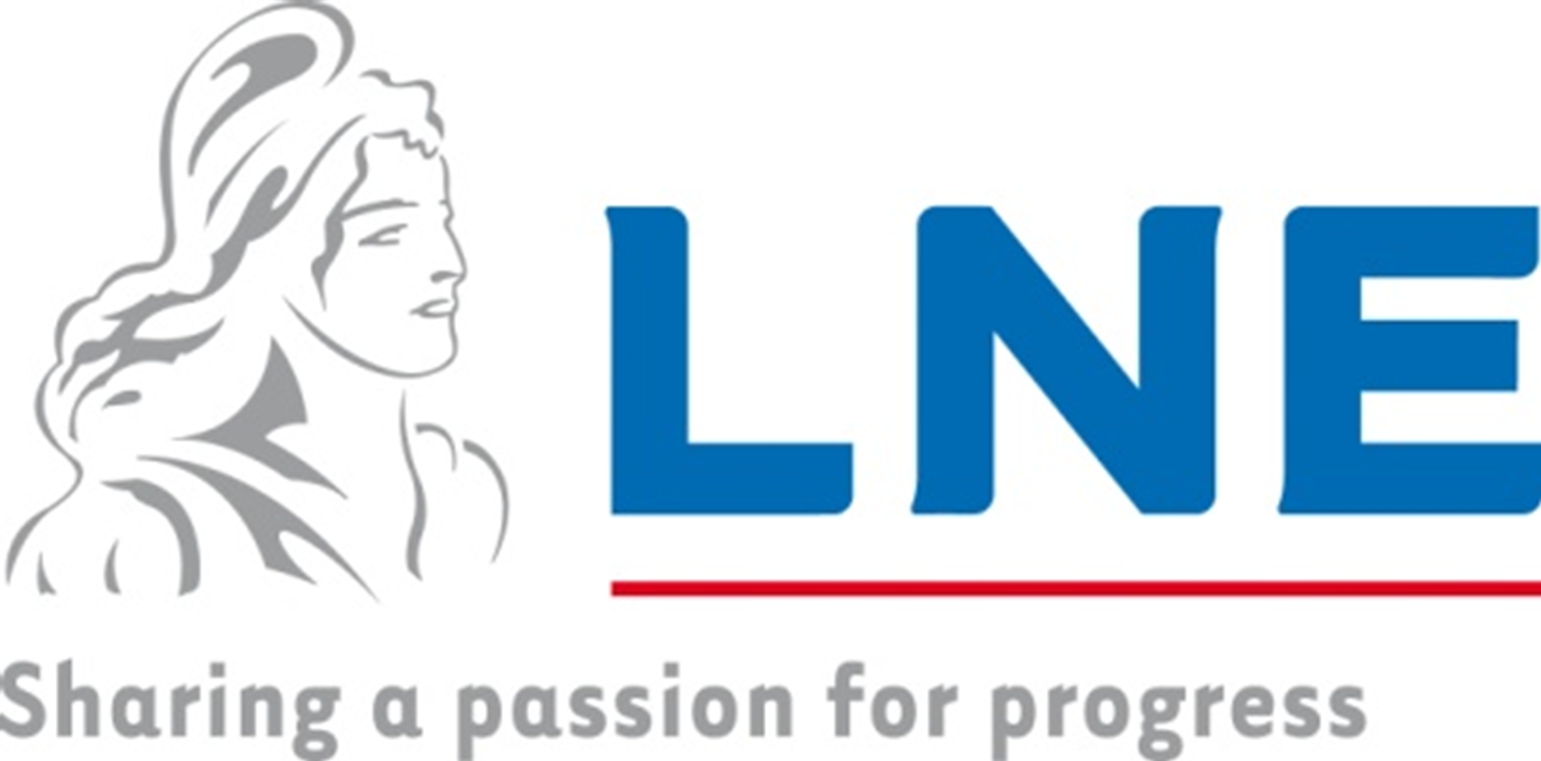
|
Laboratoire National de métrologie et d'Essais
France
By developing new measurement techniques and methods and applying them via appropriate standards in all spheres of daily life, LNE plays a key role in promoting a more competitive economy and a safer society. This core activity covers five key spheres - research and technology transfer, testing and calibration, technical assistance, certification, training and informing - and addresses the five major priorities: safety and health, environmental impact, performance, product reliability, and cost control.
Contact: Alexandre Bounouh
|
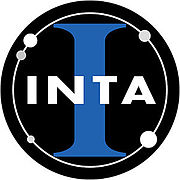
|
Instituto Nacional de Técnica Aeroespacial
Spain
The Instituto Nacional de Técnica Aeroespacial (INTA) is a public organisation for research and technological development in the fields of aeronautics and space science and technology. The Institute is integrated into the Spanish metrology infrastructure as one of the six associate laboratories of Centro Español de Metrologia (CEM).
As a key player in the metrology infrastructure and a Designated Institute, INTA is responsible not just for maintenance and dissemination of specific national standards in the areas of thermometry and electricity and magnetism, but also has a commitment to take part horizontally in other metrology research activities as required. Participation in EMRP projects is coordinated with CEM and the other DIs in the best interests of Spanish metrology and consistent with the mission and scientific capabilities of the Institute. This is the case of the participation in this JRP, where the INTA tasks will be performed by the Space Solar Cell Testing Laboratory (SPASOLAB) with support from the metrology and calibration centre, in particular in aspects relating to traceability, measurement procedures, uncertainty estimation and liaison with CEM and other DIs, as required.
Contact: Trinidad Gómez Rodríguez
|

|
Swiss Federal Institute of Metrology
Switzerland
|

|
MIKES, Mittatekniikan keskus
Finland
MIKES is a specialised research institute for measurement science and technology. As the National Metrology Institute of Finland, MIKES is responsible for the implementation and development of the national measurement standards system and realisation of the SI units in Finland. MIKES designates other National Standards Laboratories in Finland. The number of designated institutes is 5.
MIKES also performs high-level metrological research and develops measuring applications in partnership with industry. The activities of MIKES aim to improve industrial competitiveness, the national innovative environment, and public safety.
Contact: Hans Baumgartner
|

|
Ministerstwo Gospodarki
Poland
GUM, the Polish NMI, is part of the legal entity MG (Ministerstwo Gospodarki). GUM's main task is to ensure conformity and accuracy of the national measurement standards and their traceability to the international measurement standards. The Electrical Division of GUM pursues tasks related to measurements of electrical and magnetic quantities in the frequency range up to 40 GHz.
Contact: Lukasz Usydus
|

|
National Physical Laboratory (NPL)
United Kingdom
The National Physical Laboratory (NPL) is the UK's national measurement institute. For more than a century NPL has developed and maintained the UKs primary measurement standards. These standards underpin an infrastructure of traceability throughout the UK and the world that ensures accuracy and consistency of measurement.
NPL employs over 500 scientists, based in South West London.
NPL's Materials Division develops new measurement methods, standards and capabilities that support industrial innovation in the use and exploitation of new and emerging materials. NPL functional materials group focuses on the measurement of coupled transport in materials and their potential applications to electronic products and energy materials. Our activity on nanostructured thermoelectric materials investigates thermal and electrical characterisation of advanced thermoelectric semiconductors. NPL has long experience with advanced scanning probe techniques, both in ultra-high vacuum and air, such as scanning Kelvin Probe, Scanning Thermal microscopy and Current-AFM.
Contact: Dr Alexandre Cuenat
|
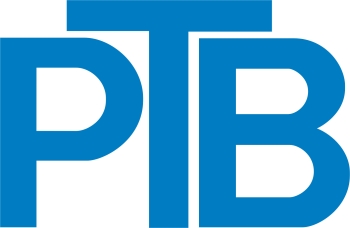
|
Physikalisch-Technische Bundesanstalt (PTB)
Germany
The Physikalisch-Technische Bundesanstalt ist Germany´s national measurement institute providing scientific and technical services for more than 125 years.
PTB performs fundamental research and development work in the field of metrology as a basis for all the tasks entrusted to it in the areas concerning the determination of fundamental and natural constants, the realization, maintenance and dissemination of the legal units of the SI, safety engineering, services and metrology for the area regulated by law and for industry, as well as technology transfer.
PTB has about 1800 staff members and is located in Braunschweig and Berlin.
Contact: Dr Stefan Winter
|
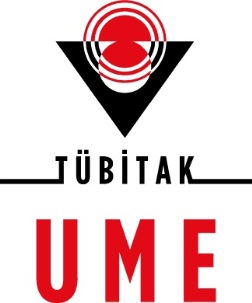
|
Tübitak, Ulusal Metroloji Enst itüsü
Turkey
TÜBÌTAK UME is the Turkish NMI and is a research and development institute that operates under the umbrella of the Scientific and Technological Research Council of Turkey (TÜBÌTAK).
The institute aims to ensure the reliability of all measurements conducted in Turkey, to make provisions for the integration of these measurements into the international system and to develop existing and new measurement technologies, thereby establishing the national measurement system required for ensuring the accuracy of measurements used in commerce and industry and which contributes to equity in national and international trade, increases the quality of Turkish industrial products and Turkey's scientific and technological development.
Contact: Dr Ferhat Sametoglu
|
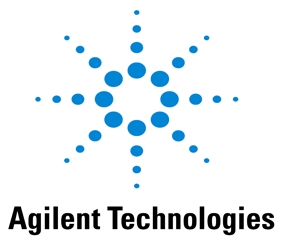
|
Agilent Technologies Österreich GmbH
Austria
AGILENT Technologies Österreich offers high-precision, modular AFM solutions for research, industry, and education. "One system does it all" is the concept behind the design of AGILENT Austria's Scanning Probe Microscope (SPM) systems for materials science and life science studies. The AGILENT Austria AFM product line is the most modular SPM system available; its multi-purpose scanners are unsurpassed in performance and versatility. The Scanning Microwave Microscope (SMM) mode is a new scanning probe microscope that combines the power of AGILENT Austria AFMs with AGILENT Austria's 40-year legacy of excellence to deliver new standards in speed, accuracy, and versatility for microwave network analysis.
Contact: Dr. Ferry Kienberger
|

|
AZUR SPACE Solar Power GmbH
Germany
AZUR SPACE Solar Power GmbH is the global leader in development and production of high efficiency solar cells for space and terrestrial CPV applications. The roots of AZUR SPACE Solar Power GmbH are closely linked with more than 100 years old industrial history of AEG-Telefunken. Founded in 1964 as a part of Telefunken, the company has developed and manufactured solar cells for the first German satellite AZUR (1969). Since that time, more than 10 million Si and GaAs cells were provided for more than 400 spacecrafts. Among them are Intelsat, Globalstar, Hotbird, ATV, Galileo, Meteosat, which are there are only few names of commercial telecommunication and Earth exploration satellite programmes powered by AZUR SPACE solar cells. In cooperation and by order of ESA, NASA and German Aerospace Center DLR, AZUR SPACE has developed and provided solar cells for a range of scientific missions in deep space and to other planets like Hubble Space Telescope, Rosetta, Mars Express, Herschel-Planck and many others.
The technologies initially developed by AZUR SPACE for space applications (multi-crystalline Si cell, bask-surface field, surface texturing, screen printing technique, etc.) and now used in terrestrial PV manufacturing, made AZUR SPACE to the pioneer of European photovoltaic. Since 2009, AZUR delivers to the customers triple-junction space solar cells with a minimum average efficiency of 30%. In 2007, AZUR SPACE has transferred its latest space technology based on high performance multi-junction solar cells for CPV market. Currently AZUR SPACE delivers to customers triple-junction concentrator solar cells with an efficiency of up to 43% (at 500x AM1.5d). The company's know-how is patent protected.
The AZUR SPACE Solar Power GmbH has actually 180 employees and is headed by Dr. Klaus-Dieter Rasch and Jürgen Heizmann. AZUR SPACE Solar Power GmbH is an entity of the Generali Group, Trieste.
Contact: Richard Kern
|

|
Fraunhofer Institut for Solar Energy
Germany
The Fraunhofer Institute for Solar Energy Systems ISE is the largest R&D-institute in Europe devoted to solar energy. It was established in 1981 and currently has a staff of 1300 and an annual budget of over €87 million. It is certified according to DIN EN ISO 9001:2000. Fraunhofer ISE conducts research in the areas of the thermal use of solar energy, solar cells, electrical power supplies, chemical energy conversion, solar building, energy storage and the rational use of energy. The institute has a core focus on PV technology. Fraunhofer ISE is well-known for crystalline and thin film Si-technologies, grid-connected as well as off-grid applications and it has a long experience in electronic engineering. Besides the silicon technologies, the Institute is very active in III-V solar cell research and holds the European record efficiency for solar-electric energy conversion of 44.7% under concentrated sunlight and 36.7% concentrator module efficiency. Approximately 60 people, including 10 PhD students, are currently employed in the field of III-V compound semiconductor material development and concentrator photovoltaics. This includes research on theoretical device modelling, material development by metal organic vapour phase epitaxy (MOVPE), device technology, solar cell characterization, device packaging technology and development of new concentrator systems. In co-operation with manufacturers and international research partners, material research is carried out and the production technology for silicon and III-V photovoltaic cells is developed.
Contact: David Lackner
|
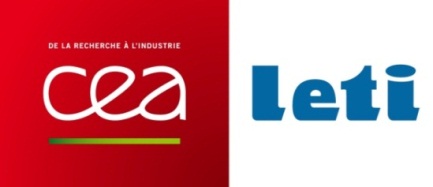
|
Laboratoire d'Electronique des Technologies de l'Information
France
As part of the Commissariat à l'énergie atomique et aux énergies alternatives (CEA), LETI (1 600 employees) conducts high-level technological research in the field of micro- and nano-technologies, in particular for telecommunications, communicating objects (mobile phones, wireless networks, smart cards, etc.) and health. CEA offers a unique innovation ecosystem with the shared technology platforms dedicated to: 300 mm/200 mm silicon technologies, MEMS/NEMS microsystems, design and nanocharacterisation.
Contact: Dr Narciso Gambacorti
|
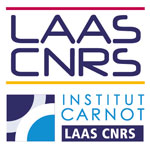
|
Laboratoire d'Analyse et d'Architecture des Systémes
France
The LAAS is a research unit of the CNRS, the French National Centre for Scientific Research. It is associated with the University of Toulouse and is a unit of the French Carnot Institute. LAAS conducts pluridisciplinary research in the areas of Information and Systems Sciences and Technologies. The LAAS-CNRS belongs to the National network of technological platforms and is equipped with a 1500 m2 cleanroom with micro- and nanotechnology processing capabilities, and jointly a materials and devices characterization platform.
Contact: Guilhem Almuneau
|














